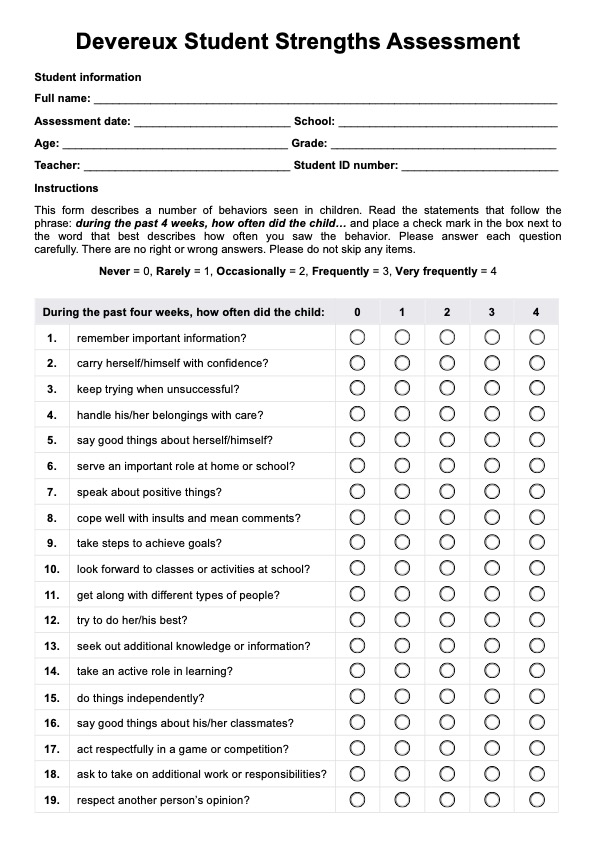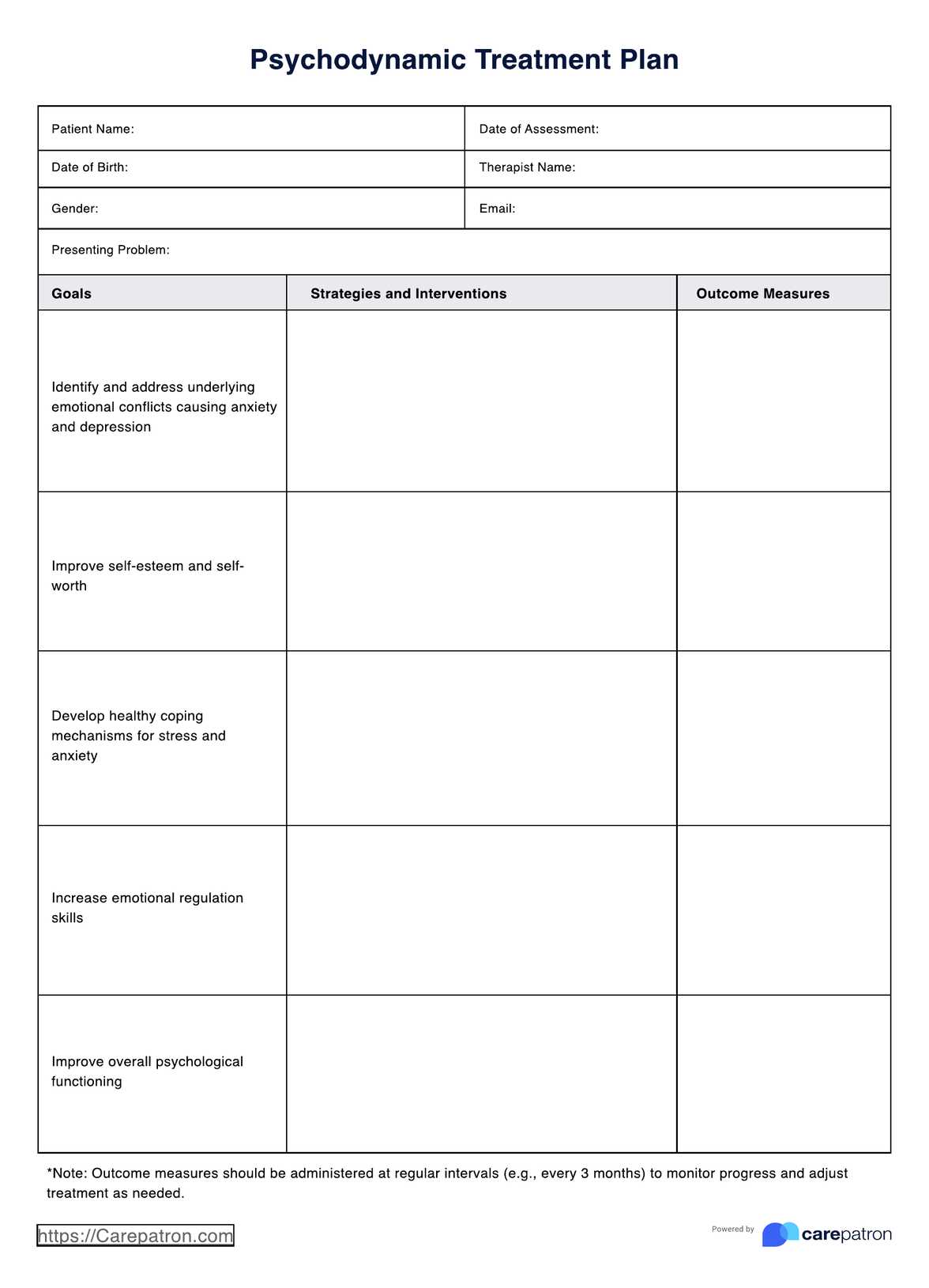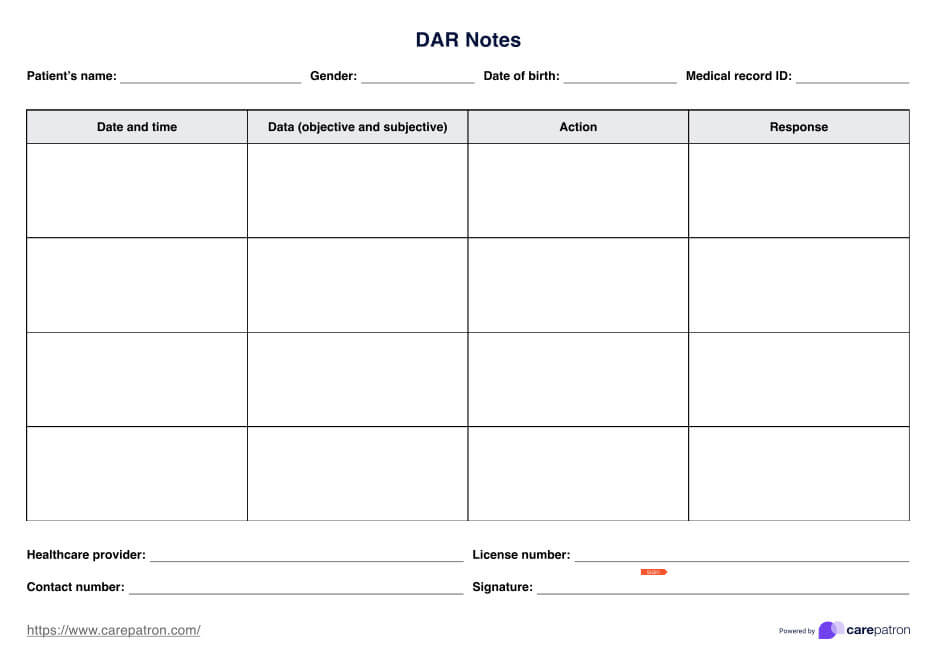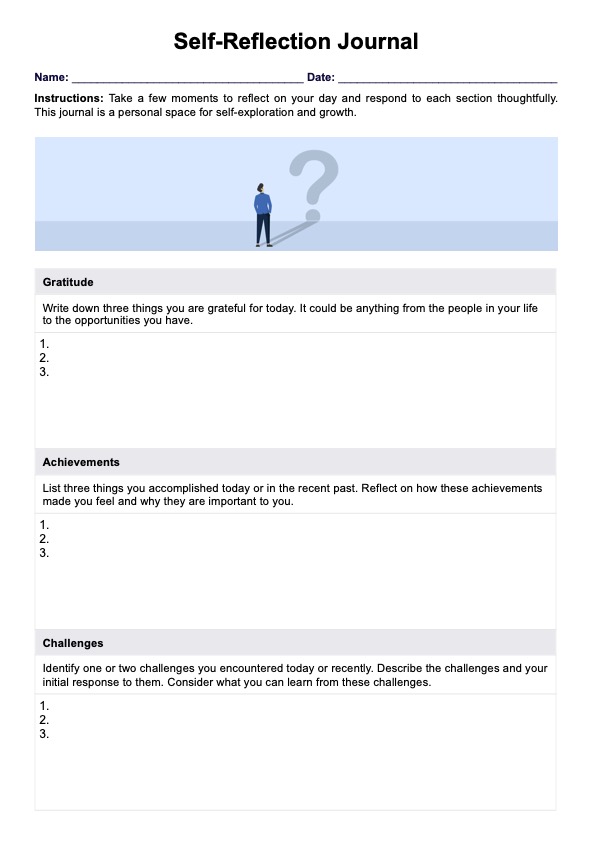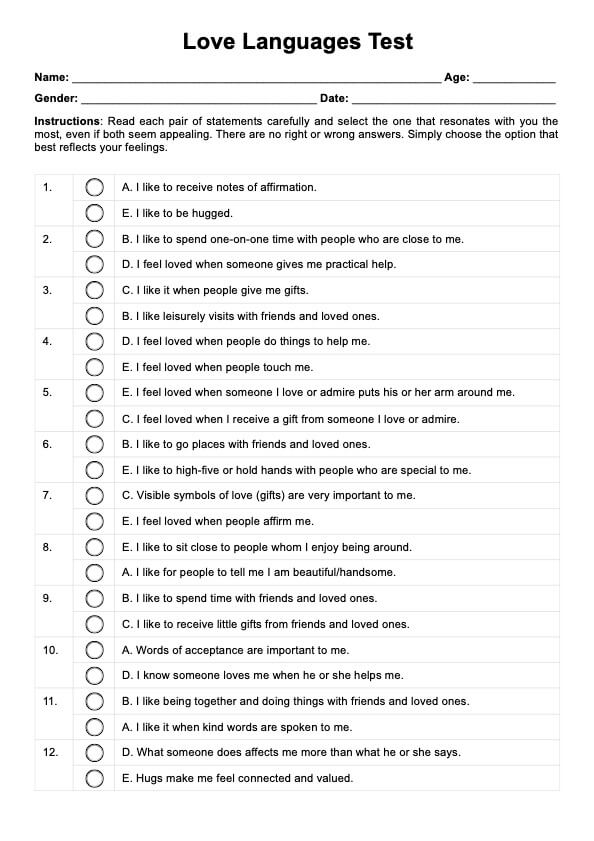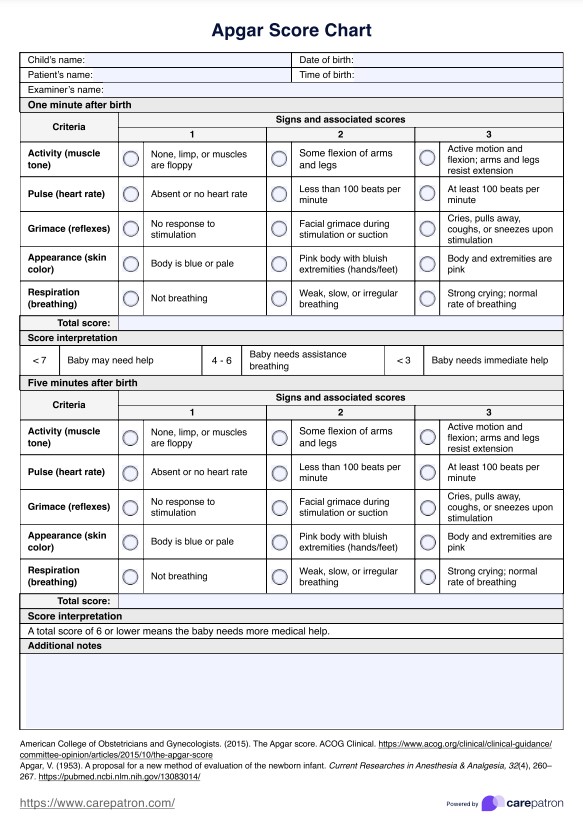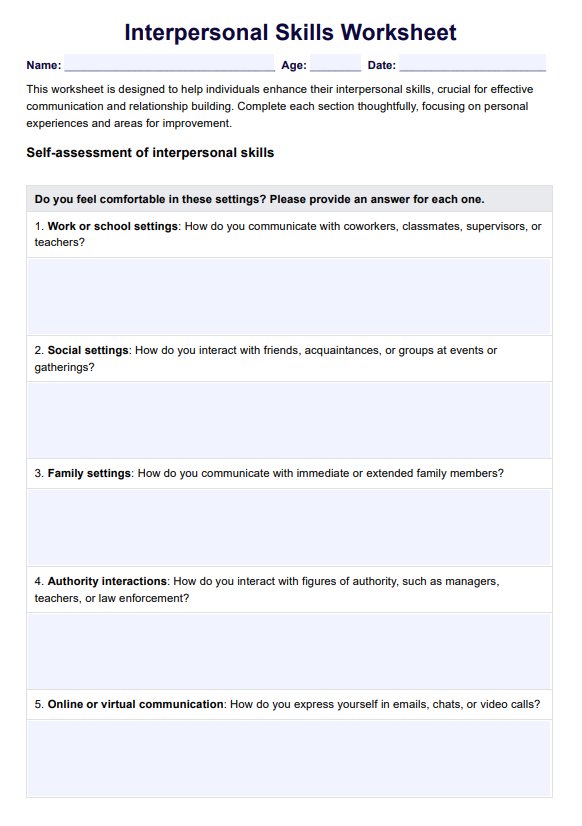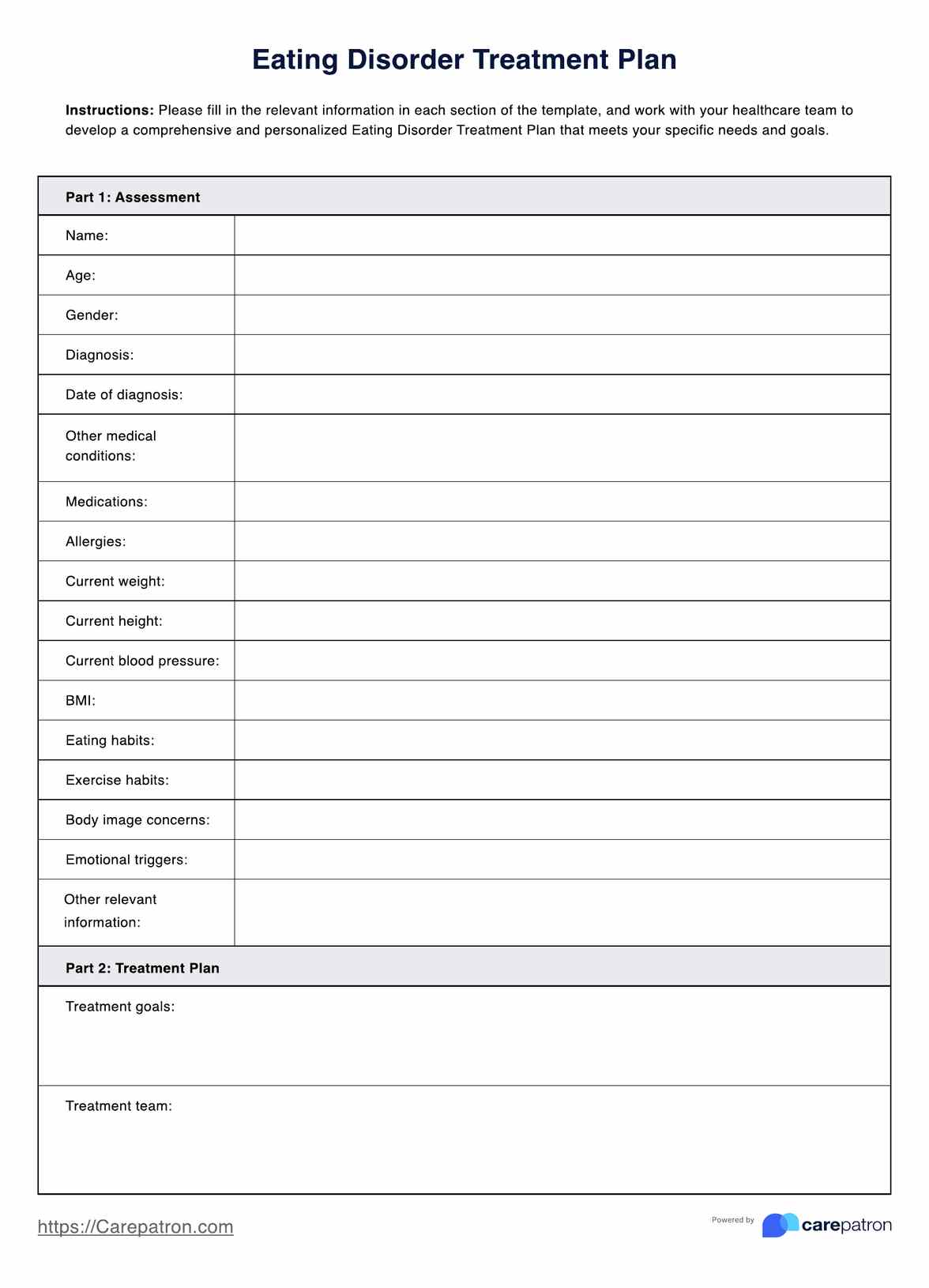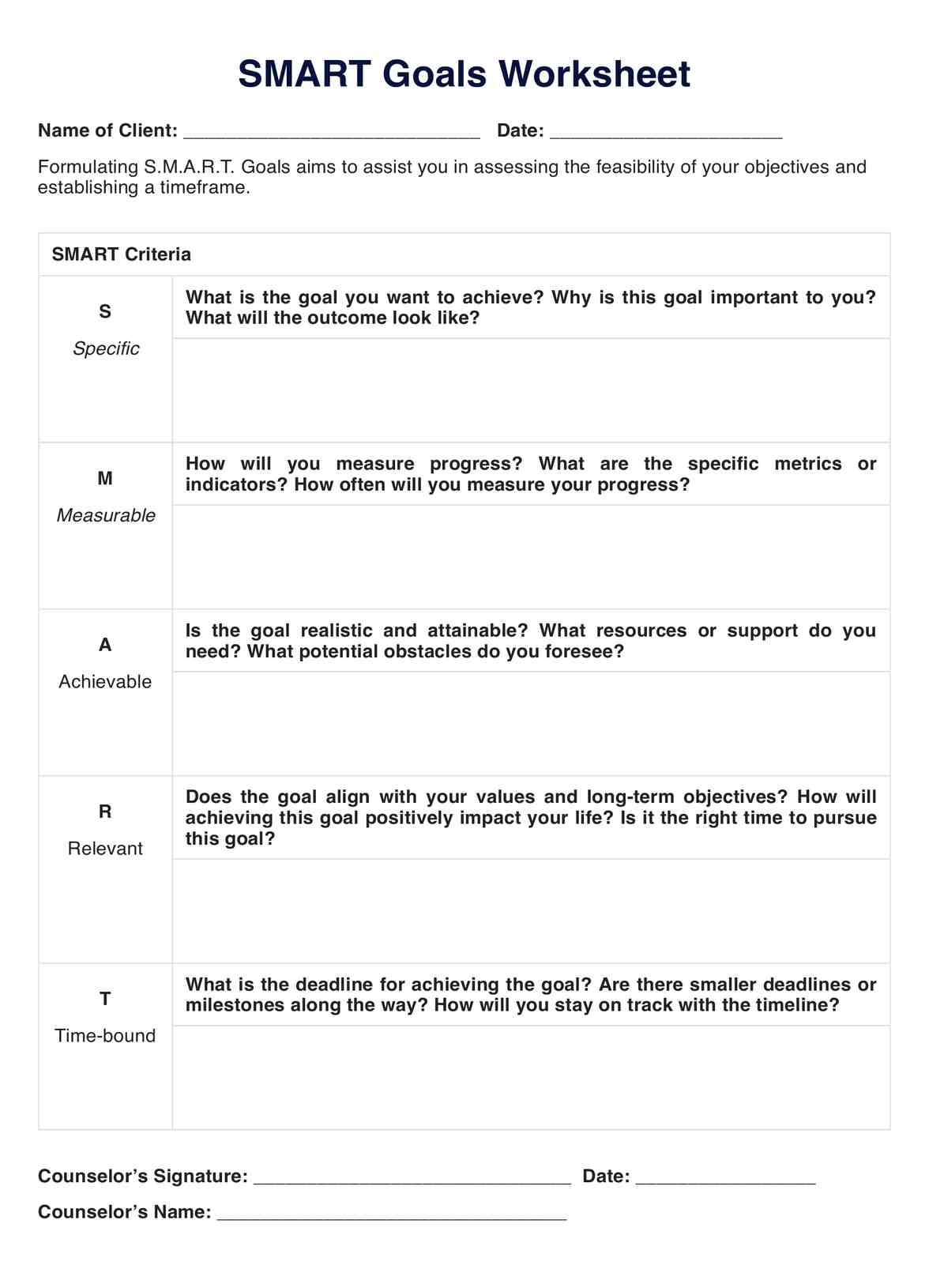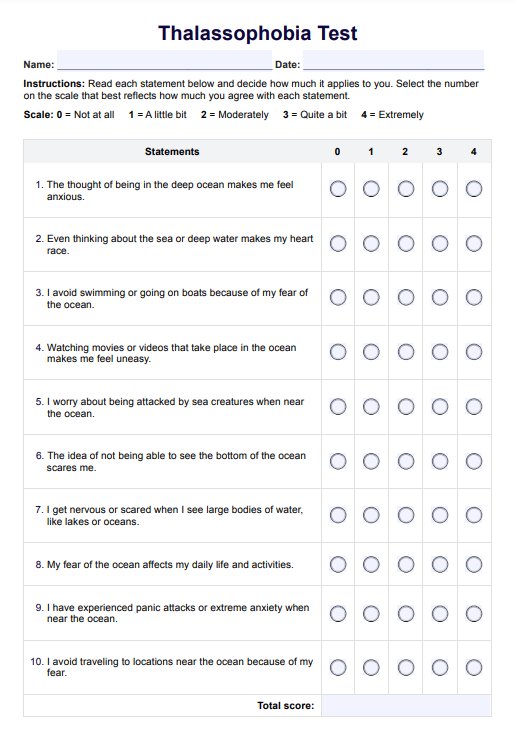ADHD Handout for Parents
Discover essential insights with our ADHD Handout for Parents, offering guidance on managing ADHD symptoms, effective strategies, and expert resources.


An introduction to ADHD
Attention-Deficit/Hyperactivity Disorder (ADHD), formerly known as Attention Deficit Disorder, is a neurodevelopmental disorder characterized by a pattern of inattention, hyperactivity, and impulsivity that deviates significantly from the norm for a person's developmental stage. ADHD, diagnosed based on a combination of genetic, environmental, and neurological factors, arises from these diverse causes and is not a result of parenting or social circumstances.
Contrary to prevalent myths, it is not caused by sugar consumption, poor parenting, or excessive screen time. Genetic research indicates vital hereditary components, while environmental factors like prenatal exposures contribute.TheD's recognition of ADHD has evolved over the years. Early 20th-century descriptions laid the groundwork for today's understanding, which now acknowledges ADHD as a complex disorder affecting both children and adults.
The American Psychiatric Association (APA) details in the Diagnostic and Statistical Manual of Mental Disorders (DSM) specific diagnostic criteria to diagnose ADHD:
- Inattention: Six or more symptoms of inattention for children up to age 16, or five or more for adolescents 17 and older and adults; symptoms of inattention have been present for at least 6 months and are inappropriate for developmental level.
- Hyperactivity and impulsivity: Six or more symptoms of hyperactivity-impulsivity for children up to age 16, or five or more for adolescents 17 and older and adults; symptoms of hyperactivity-impulsivity have been present for at least 6 months to an extent that is disruptive and inappropriate for the person's developmental level.
- Several inattentive or hyperactive-impulsive symptoms were present before age 12 years.
- Several symptoms are present in two or more settings (such as at home, school, work, with friends or relatives, or in other activities).
- There is clear evidence that the symptoms interfere with or reduce the quality of social, school, or work functioning.
- The symptoms do not happen only during schizophrenia or another psychotic disorder and are not better explained by another mental disorder.
ADHD is one of the most common neurodevelopmental disorders among children and often continues into adulthood. It can affect academic achievement, occupational success, and interpersonal relationships. ADHD manifests in three primary types:
- Predominantly inattentive: Challenged sustaining attention, following detailed instructions, and organizing tasks.
- Predominantly hyperactive-impulsive presentation: Symptoms include excessive physical movement and impulsive actions.
- Combined presentation: A mix of inattentive and hyperactive-impulsive symptoms.
Still, it's not a black-and-white situation; ADHD is more like a spectrum, which is why it is essential to do a spectrum test when assessing ADHD.
Recognizing ADHD is vital for parents, educators, and healthcare professionals. It's crucial to debunk myths, understand the clinical criteria, and adopt appropriate management strategies to support individuals with ADHD effectively.
ADHD Handout for Parents Template
ADHD Handout for Parents Example
ADHD in children: Common symptoms
Resulting sentence: Understanding a child's symptoms of ADHD is critical to early identification, and intervention is crucial for effective management. Here's a breakdown of common symptoms, each accompanied by a brief description or example:
- Inattention: Children with ADHD often struggle to focus on tasks, especially those that require sustained mental effort. For instance, they may have difficulty completing homework or frequently lose track during conversations.
- Hyperactivity: This manifests as excessive physical movement. A child with ADHD might be unable to sit still, frequently fidget, or run around inappropriately.
- Impulsivity: Impulsive behavior includes acting without thinking about the consequences. Children might blurt out answers in class without being called on or have difficulty waiting their turn in games.
- Disorganization: Kids with ADHD often struggle with organizing tasks and managing their time. They might have messy bedrooms or backpacks and have trouble keeping track of school assignments.
- Forgetfulness: Forgetting to do chores or misplacing school materials is expected. They might also forget details of daily routines or instructions, resulting in what appears as careless mistakes.
- Emotional outbursts: Children with ADHD may have quick temper flares and mood swings, displaying emotions more intensely than their peers.
- Difficulty following instructions: They often fail to follow through on instructions and struggle to complete tasks, not due to defiance but because of problems maintaining attention.
- Restlessness: In situations where they are expected to remain seated, such as in the classroom or during meals, children with ADHD might squirm, fidget, or get up frequently.
- Interrupting and excessive talking: They might interrupt conversations or activities and talk excessively or out of turn.
- Challenges in social interactions: Difficulty waiting turns, not understanding social norms, or intruding on others can lead to social difficulties.
These symptoms, especially prevalent in school-aged children, can vary greatly from child to child and might not be apparent in all settings. Understanding these signs helps parents and teachers recognize potential ADHD and seek appropriate evaluation and support. For a better way of checking symptoms, consult our ADHD Symptom Checklist.
How to use this ADHD Handout for Parents
This ADHD Handout for Parents is a practical tool designed to aid in understanding and managing a child's ADHD after taking a screening test. Here are steps for healthcare professionals to use and explain this handout effectively:
Step 1: Access our template
Mental health professionals can easily access the printable ADHD Handout for Parents through the Carepatron app. It's designed to be comprehensive, providing essential information about ADHD in an accessible format for parents. You can edit and share it on the app, too.
Step 2: Explain the handout to parents
It's important to walk parents through the handout, ensuring they understand its contents. Explain the overview of ADHD, its symptoms, management strategies, and the importance of a supportive home environment.
Step 3: Discuss management strategies
Use the handout as a guide to discuss various strategies for managing ADHD symptoms, such as structured routines, positive reinforcement, and ways to improve concentration and organizational skills.
Step 4: Highlight school strategies and support
Discuss the importance of school strategies, including using IEP or 504 Plans. Encourage parents to communicate regularly with their child's school counselors and teachers for consistent support.
Step 5: Provide additional resources
Point out the additional resources listed in the handout. Websites, books, and organizations can offer further guidance and support for families dealing with ADHD.
Step 6: Encourage questions and discussion
Allow parents to ask questions and express concerns. This handout should be a starting point for an ongoing dialogue about their child's ADHD management.
By following these steps, healthcare professionals can ensure that parents are well-informed and equipped to support their child with ADHD effectively.
Other useful information for managing ADHD in children
Managing ADHD in children requires a comprehensive approach that extends beyond just understanding the symptoms. Here are some additional strategies and information that can be beneficial for parents and healthcare professionals:
- Behavior therapy and counseling: Behavioral interventions, such as Cognitive Behavioral Therapy (CBT), can help children learn to manage their ADHD symptoms. These therapies focus on changing negative behavior patterns and developing coping mechanisms.
- Educational support: Working with your child's teachers and school counselors to create an Individualized Education Program (IEP) or 504 Plan can provide academic support for children with ADHD. These plans can include accommodations like extra time on tests or a quiet place to work.
- Parent training: Programs that train parents in ADHD management techniques can be beneficial. These programs often teach strategies for positive reinforcement, establishing routines, and effective discipline.
- Diet and nutrition: While no specific diet cures ADHD, certain dietary changes can help improve symptoms. This can include reducing sugar intake, eliminating potential allergens, and ensuring a balanced diet rich in fruits, vegetables, and whole grains.
- Physical activity: Regular exercise can significantly benefit children with ADHD. Activities like sports, dance, or martial arts can help improve focus, decrease hyperactivity, and boost overall mood.
- Sleep hygiene: Adequate sleep is crucial for children with ADHD. Establishing a consistent bedtime routine and ensuring a sleep-friendly environment can help improve sleep quality.
- Mindfulness and relaxation techniques: Practices like mindfulness, yoga, or deep breathing exercises can help children with ADHD improve their focus and reduce anxiety.
- Medication: There is no one specific ADHD medicine, but medication can be used to manage symptoms. While not suitable for every child, medication, including stimulants and non-stimulants, can be a practical part of ADHD treatment for some. Stimulant medications are commonly used, but non-stimulant options are also available. They are working closely with a healthcare professional, which is essential to determine the medication and dosage.
- Building social skills: Social skills groups or therapy can help children with ADHD improve peer interactions and develop better relationships.
- Additional support: Consult the National Resource Center on ADHD, support groups, books, and organizations for more avenues for further education and community support.
Remember, each child with ADHD is unique, and what works for one may not work for another. A multi-faceted approach that combines several of these strategies is often the most effective way to manage ADHD symptoms and support the child's development.
Other useful information for managing ADHD in children
Managing ADHD in children requires a comprehensive approach that extends beyond just understanding the symptoms. Here are some additional strategies and information that can be beneficial for parents and healthcare professionals:
- Behavior therapy and counseling: Behavioral interventions, such as Cognitive Behavioral Therapy (CBT), can help children learn to manage their ADHD symptoms. These therapies focus on changing negative behavior patterns and developing coping mechanisms.
- Educational support: Working with your child's teachers and school counselors to create an Individualized Education Program (IEP) or 504 Plan can provide academic support for children with ADHD. These plans can include accommodations like extra time on tests or a quiet place to work.
- Parent training: Programs that train parents in ADHD management techniques can be beneficial. These programs often teach strategies for positive reinforcement, establishing routines, and effective discipline.
- Diet and nutrition: While no specific diet cures ADHD, certain dietary changes can help improve symptoms. This can include reducing sugar intake, eliminating potential allergens, and ensuring a balanced diet rich in fruits, vegetables, and whole grains.
- Physical activity: Regular exercise can significantly benefit children with ADHD. Activities like sports, dance, or martial arts can help improve focus, decrease hyperactivity, and boost overall mood.
- Sleep hygiene: Adequate sleep is crucial for children with ADHD. Establishing a consistent bedtime routine and ensuring a sleep-friendly environment can help improve sleep quality.
- Mindfulness and relaxation techniques: Practices like mindfulness, yoga, or deep breathing exercises can help children with ADHD improve their focus and reduce anxiety.
- Medication: There is no one specific ADHD medicine, but medication can be used to manage symptoms. While not suitable for every child, medication, including stimulants and non-stimulants, can be a practical part of ADHD treatment for some. Stimulant medications are commonly used, but non-stimulant options are also available. They are working closely with a healthcare professional, which is essential to determine the medication and dosage.
- Building social skills: Social skills groups or therapy can help children with ADHD improve peer interactions and develop better relationships.
- Additional support: Consult the National Resource Center on ADHD, support groups, books, and organizations for more avenues for further education and community support.
Remember, each child with ADHD is unique, and what works for one may not work for another. A multi-faceted approach that combines several of these strategies is often the most effective way to manage ADHD symptoms and support the child's development.
Benefits of using this ADHD Handout for Parents
The ADHD Handout for Parents is a valuable resource that offers several advantages. Here are some key benefits of using this handout:
Enhanced understanding of ADHD
The handout provides comprehensive information about ADHD, including its symptoms, types, and management strategies. This knowledge empowers the parent to better understand their child's condition and its associated challenges.
Practical strategies for daily management
The handout includes actionable advice and strategies for managing ADHD symptoms in daily life. This includes tips on creating routines, organizational skills, and behavioral management techniques, all crucial for helping children with ADHD thrive.
Guidance on school accommodations
Information about IEPs and 504 Plans, as well as strategies for effective communication with the child's teacher, helps parents navigate the educational system to secure the necessary support for their child.
Support for family dynamics
The handout acknowledges the impact of ADHD on family life and provides insights into maintaining a supportive and understanding home environment. This can improve family relationships and reduce stress for the child and other family members.
Encouragement for seeking professional help
By outlining the role of healthcare professionals in managing ADHD, the handout encourages parents to seek further assistance and support, whether through medication, therapy, or counseling.
Resources for additional help
The handout includes a list of additional resources like support groups, books, and organizations, offering parents avenues for further education and community support.
In summary, this ADHD Handout for Parents is an essential tool, offering guidance, support, and knowledge to families navigating the complexities of ADHD. It's an invaluable resource for enhancing the care and support provided to children with ADHD.
Commonly asked questions
Saline's five C's of ADHD parenting—self-control, compassion, collaboration, consistency, and celebration—provide a comprehensive guide for nurturing success in your child's life. They are essential strategies for effective ADHD parenting.
Parents need to understand that ADHD is a neurological disorder, not caused by poor parenting. It affects attention, impulsivity, and hyperactivity.
Explain that ADHD is a brain-based disorder affecting a child's behavior and concentration. It's not about laziness or defiance.


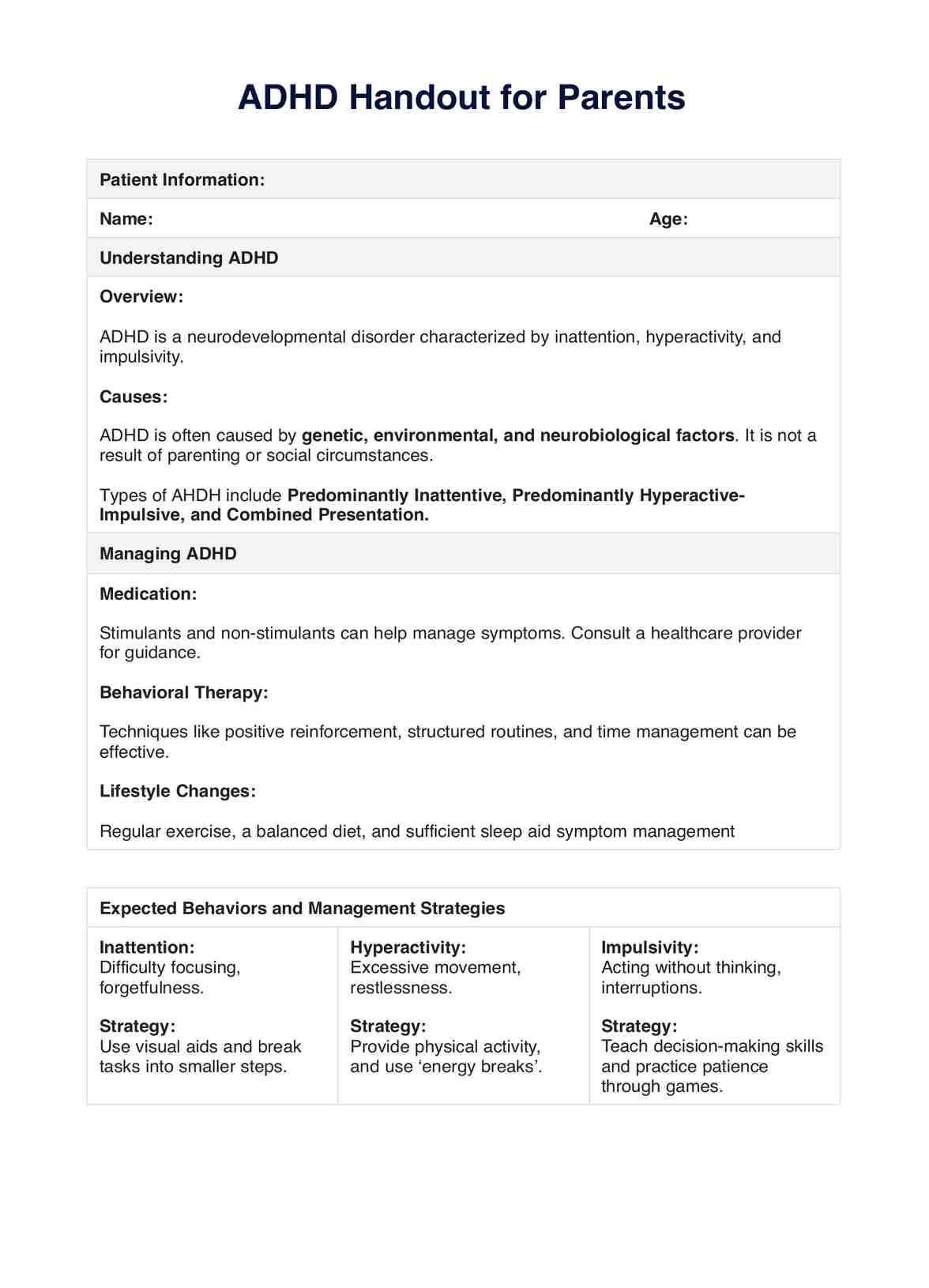
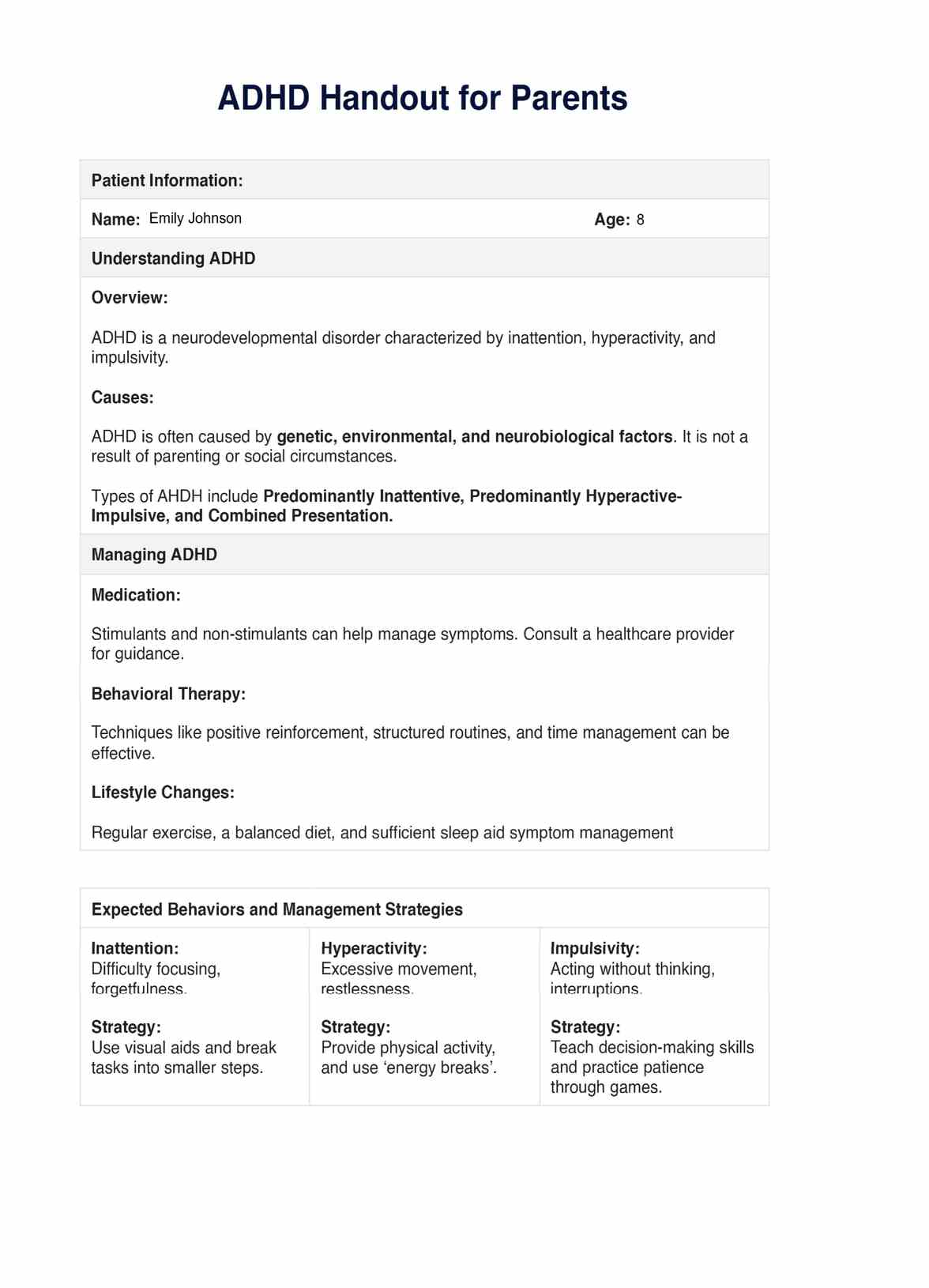

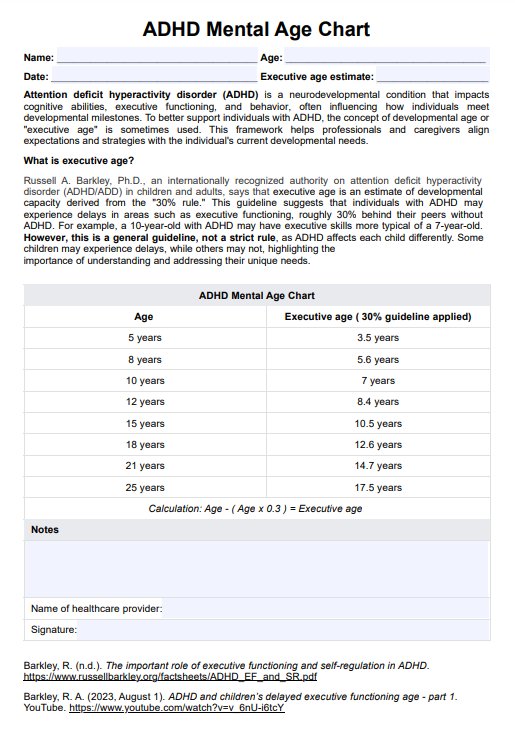
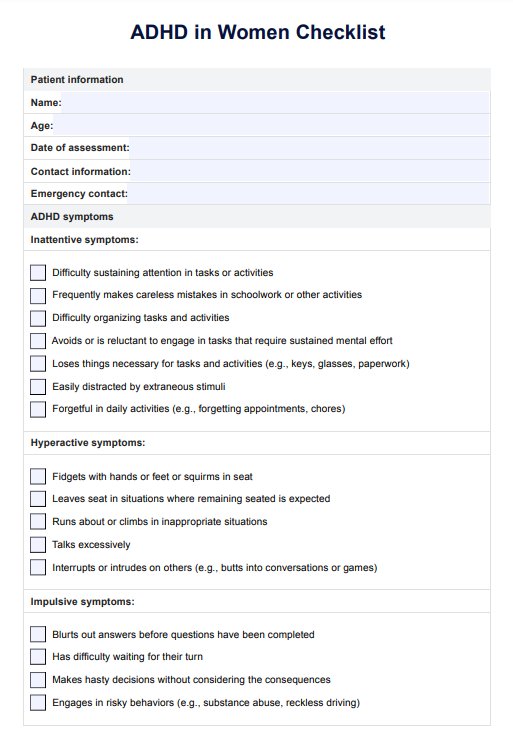
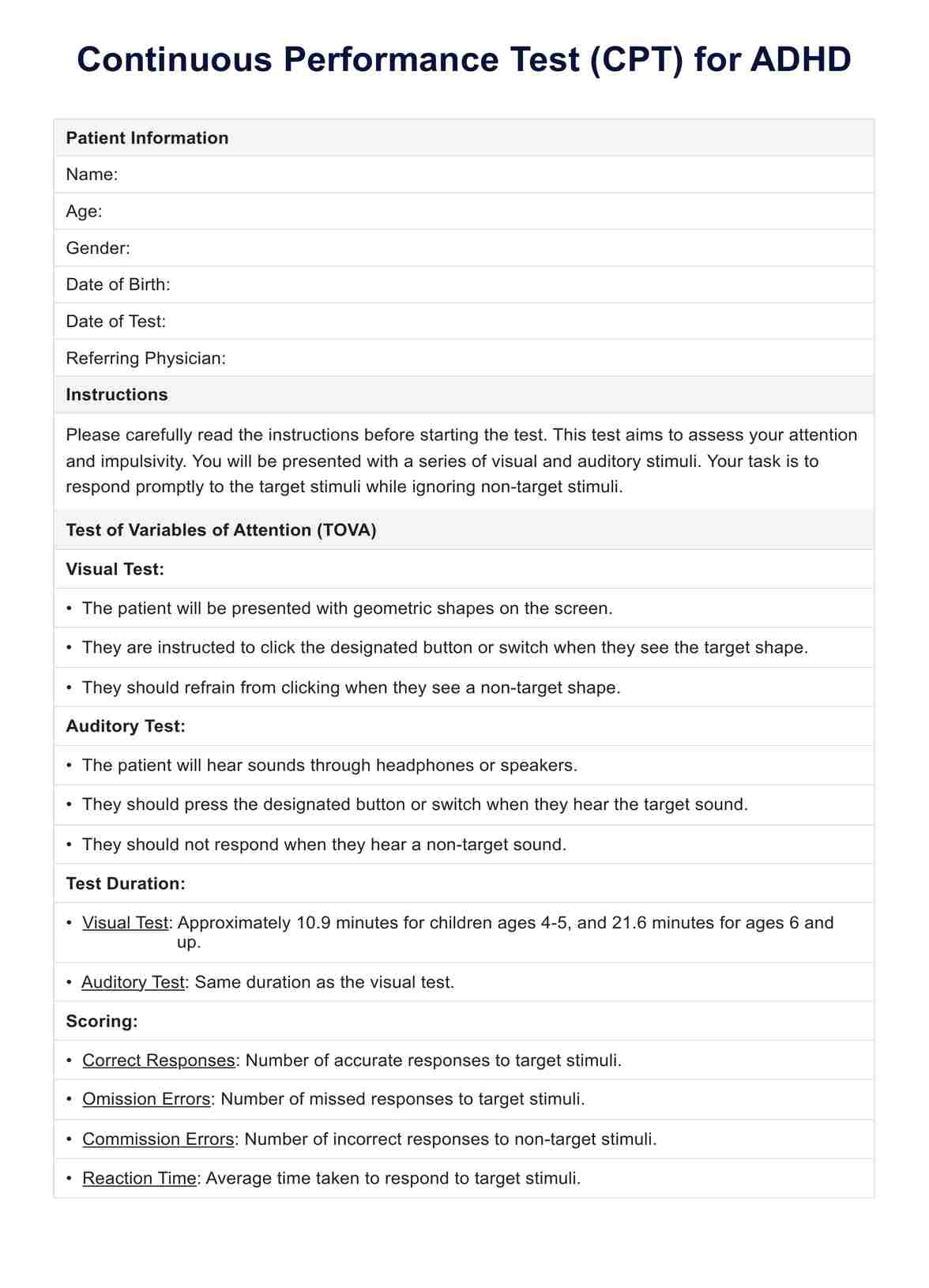
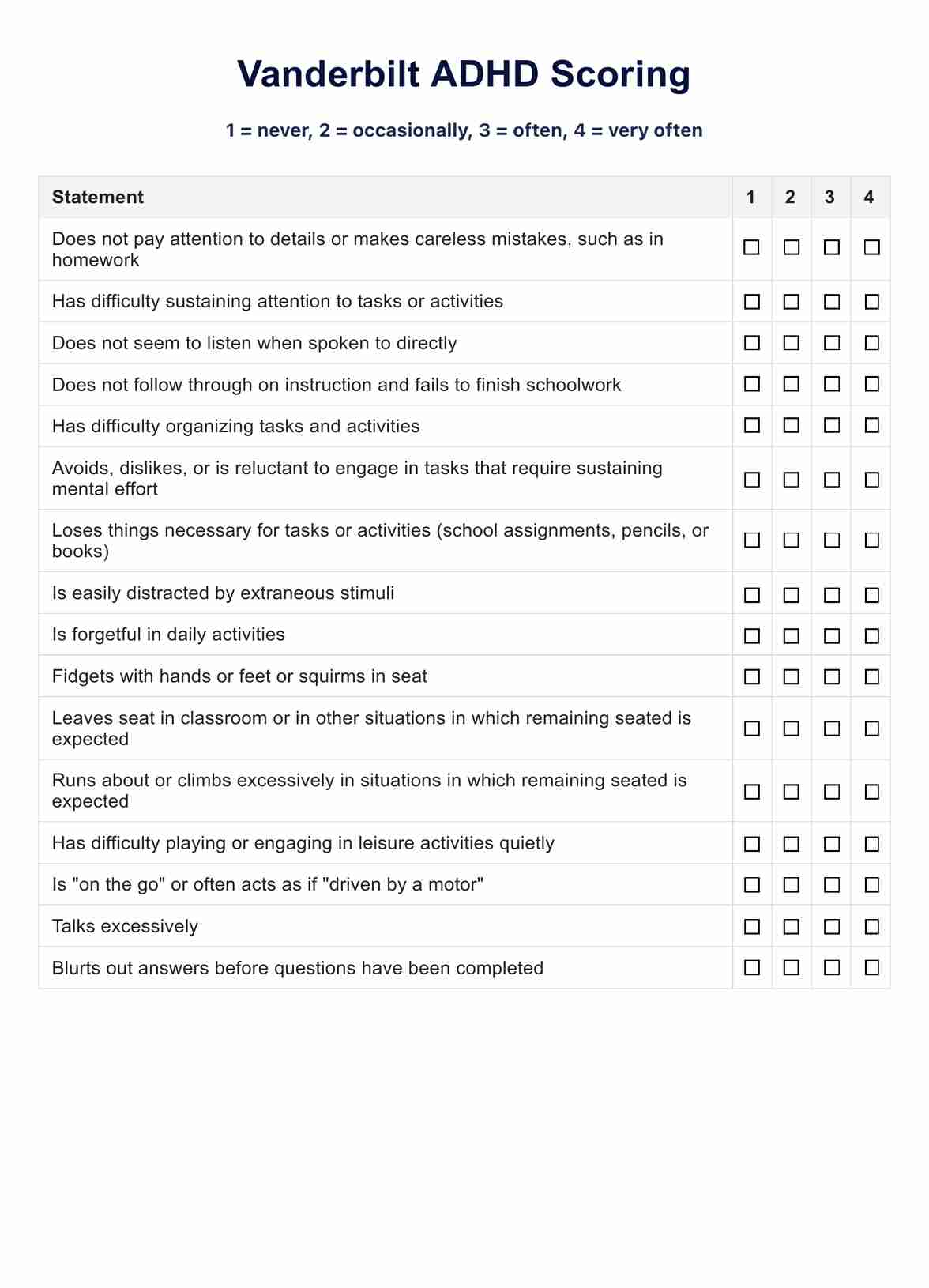
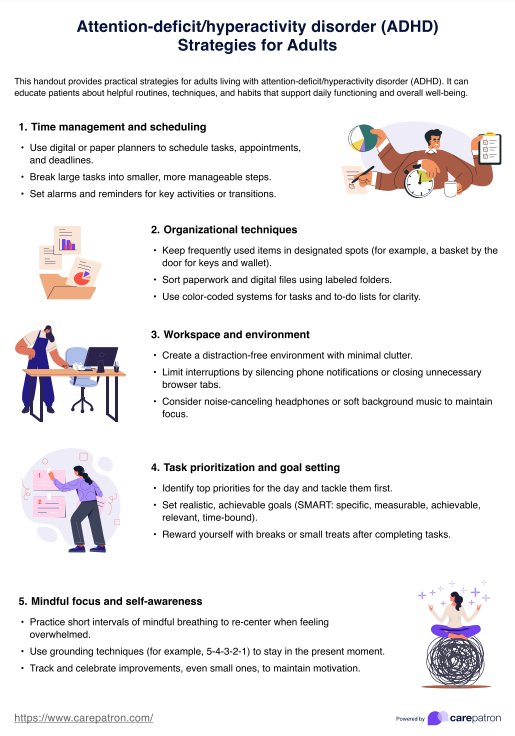
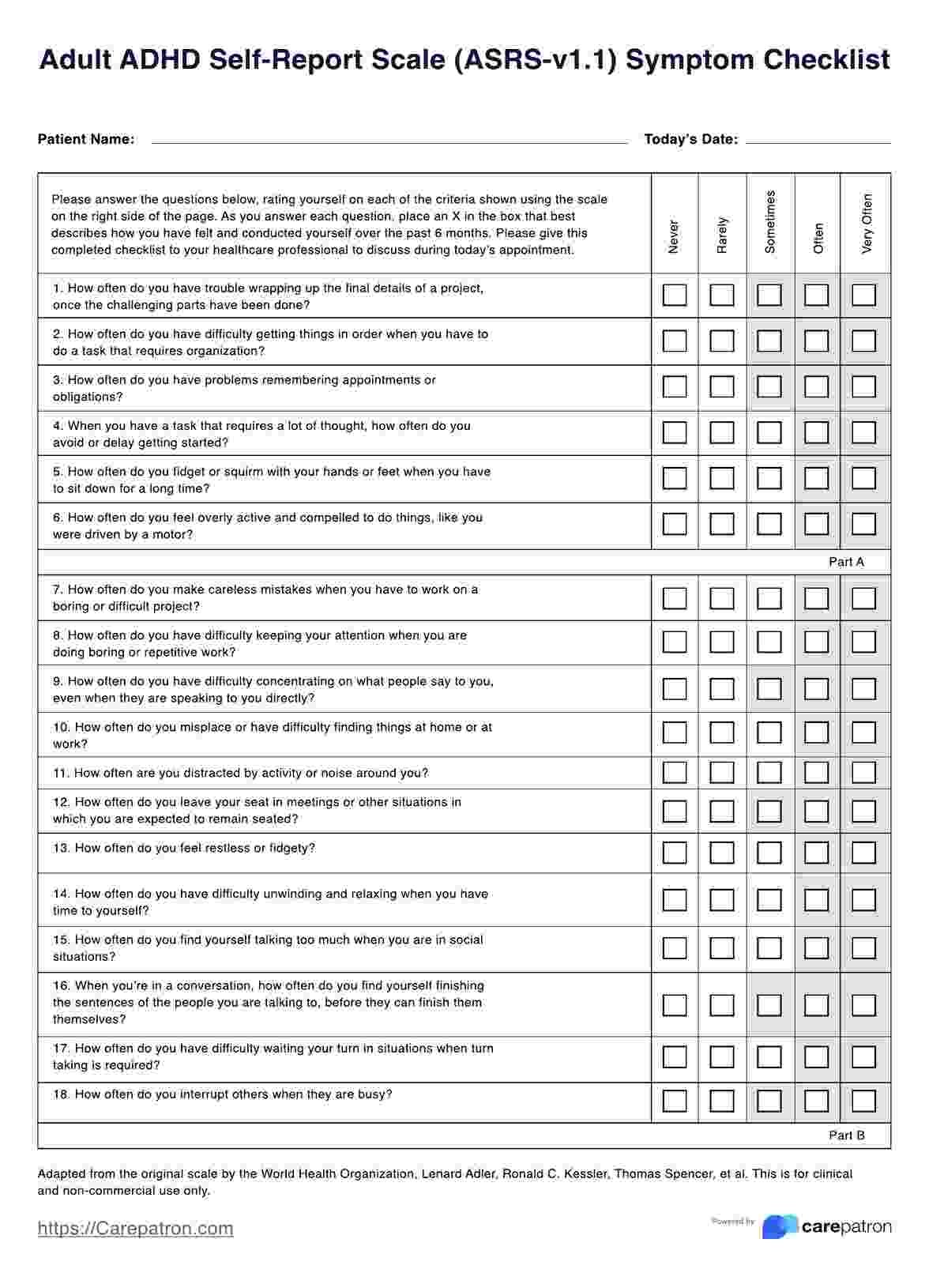
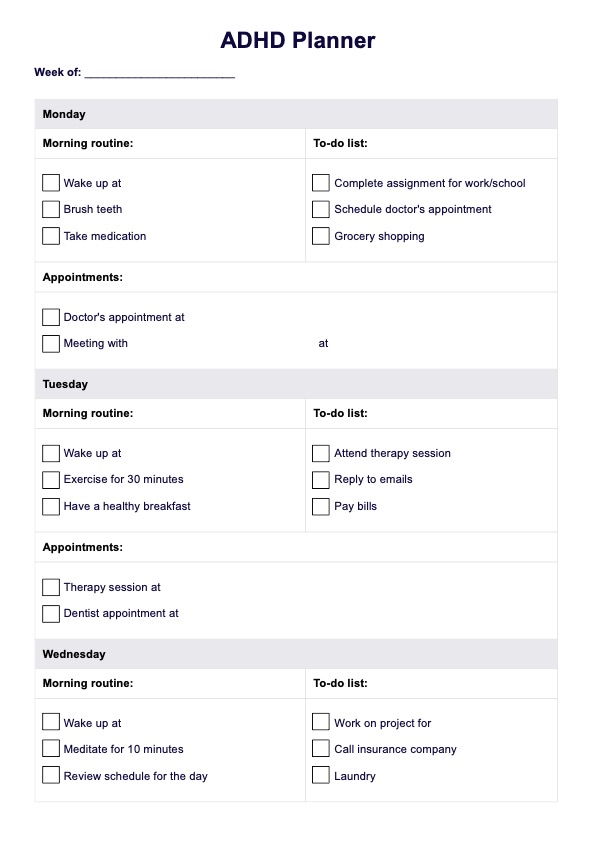
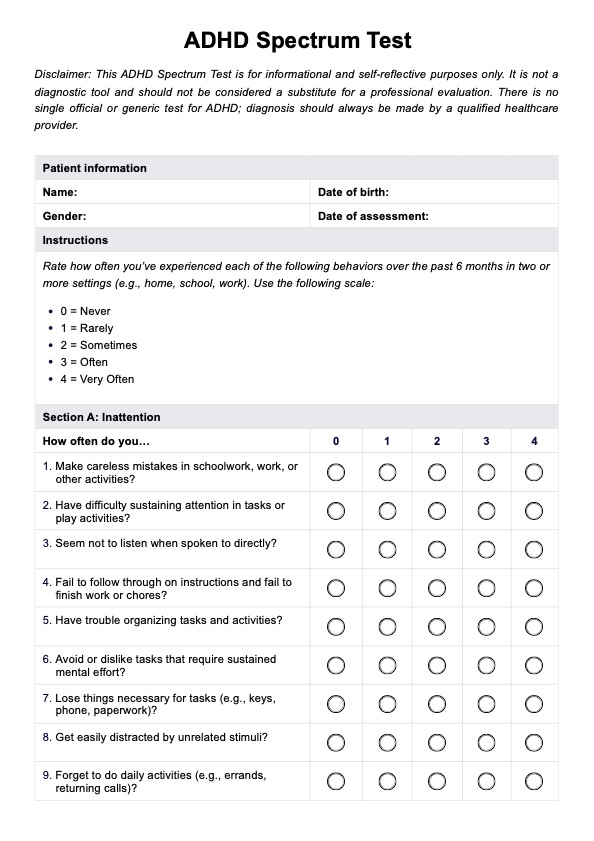
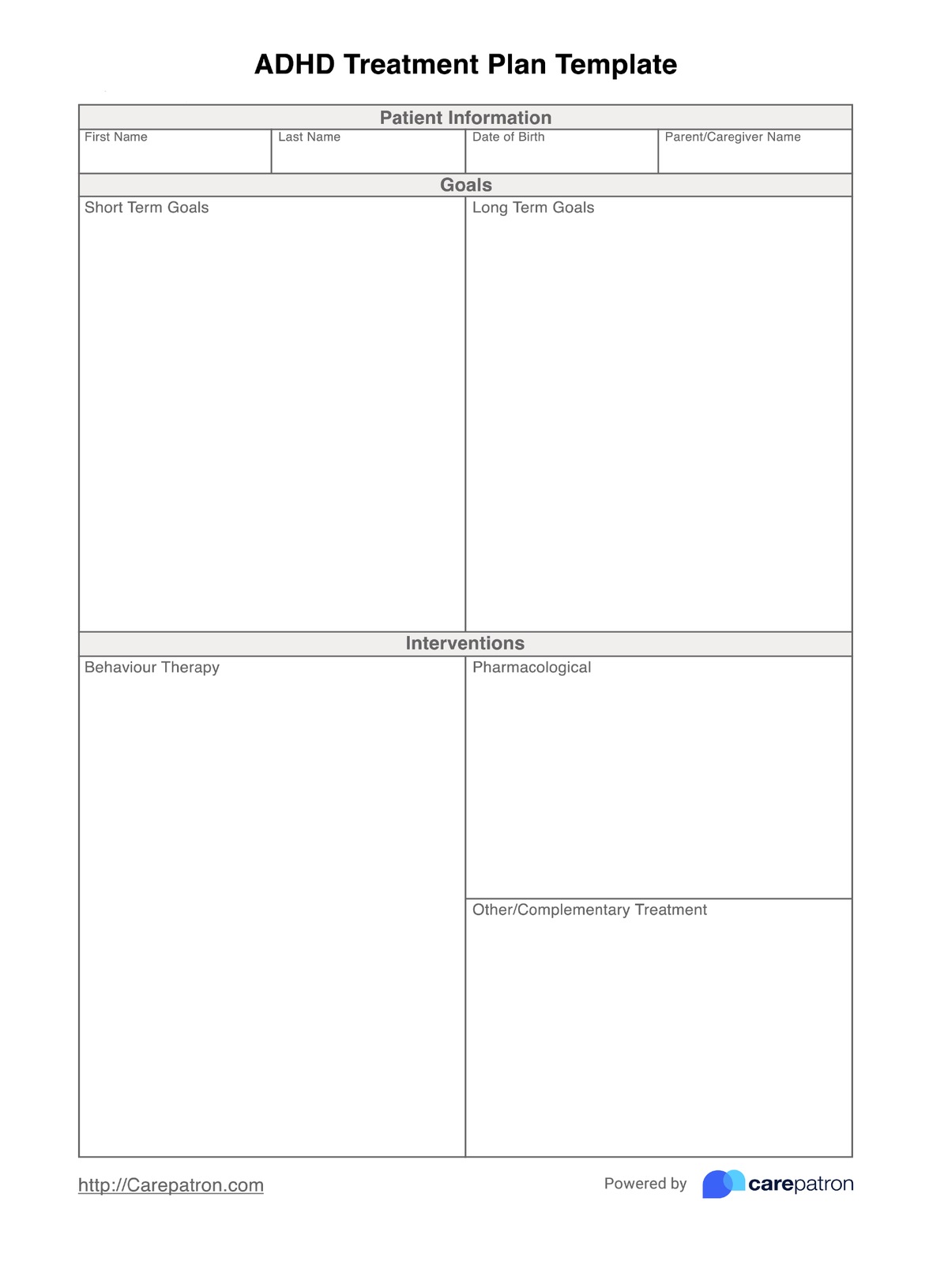
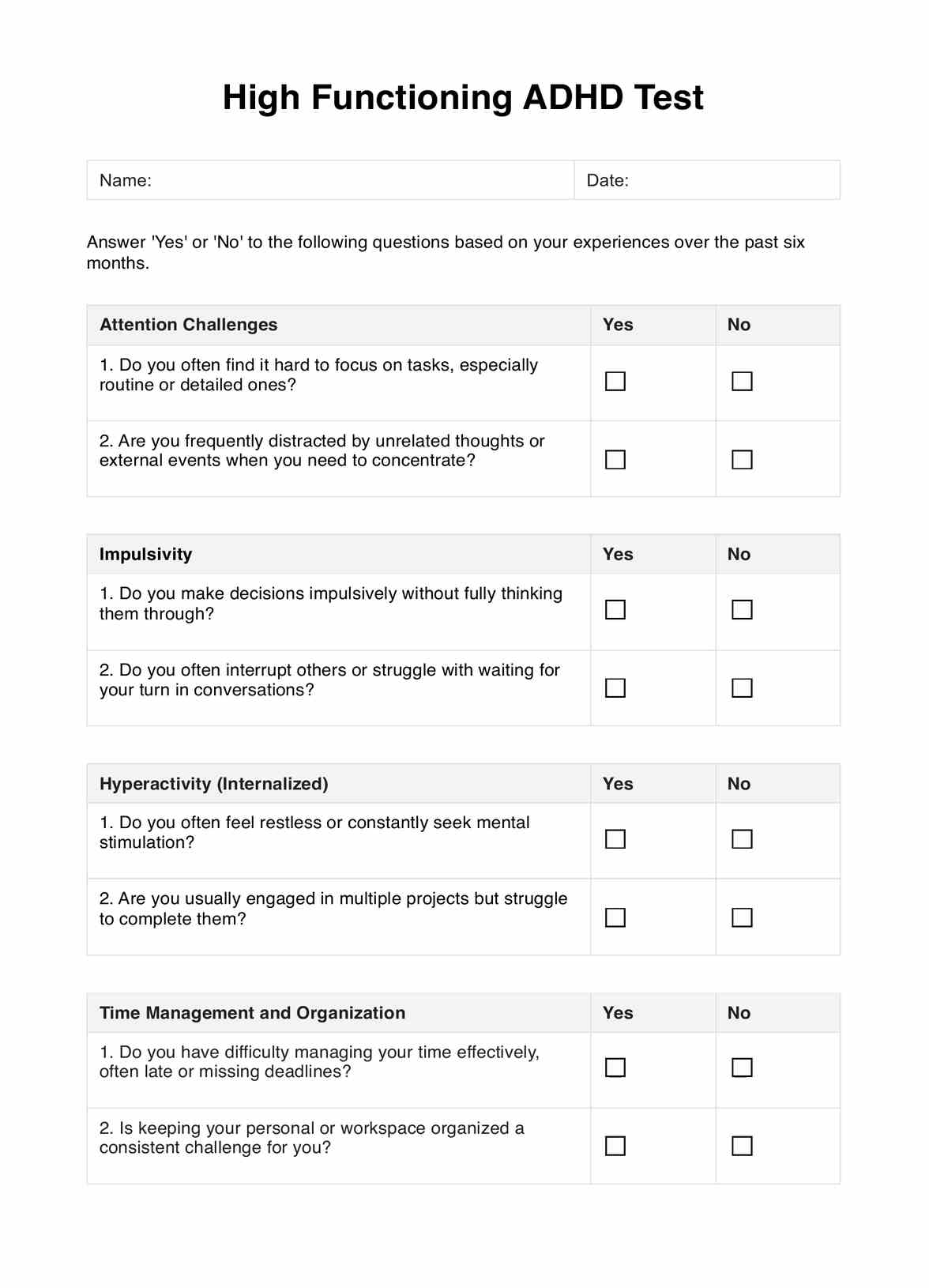
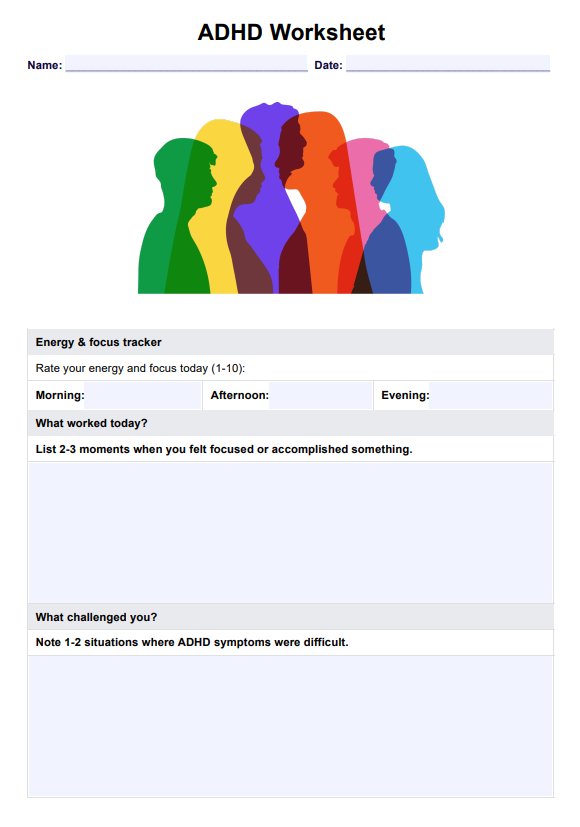
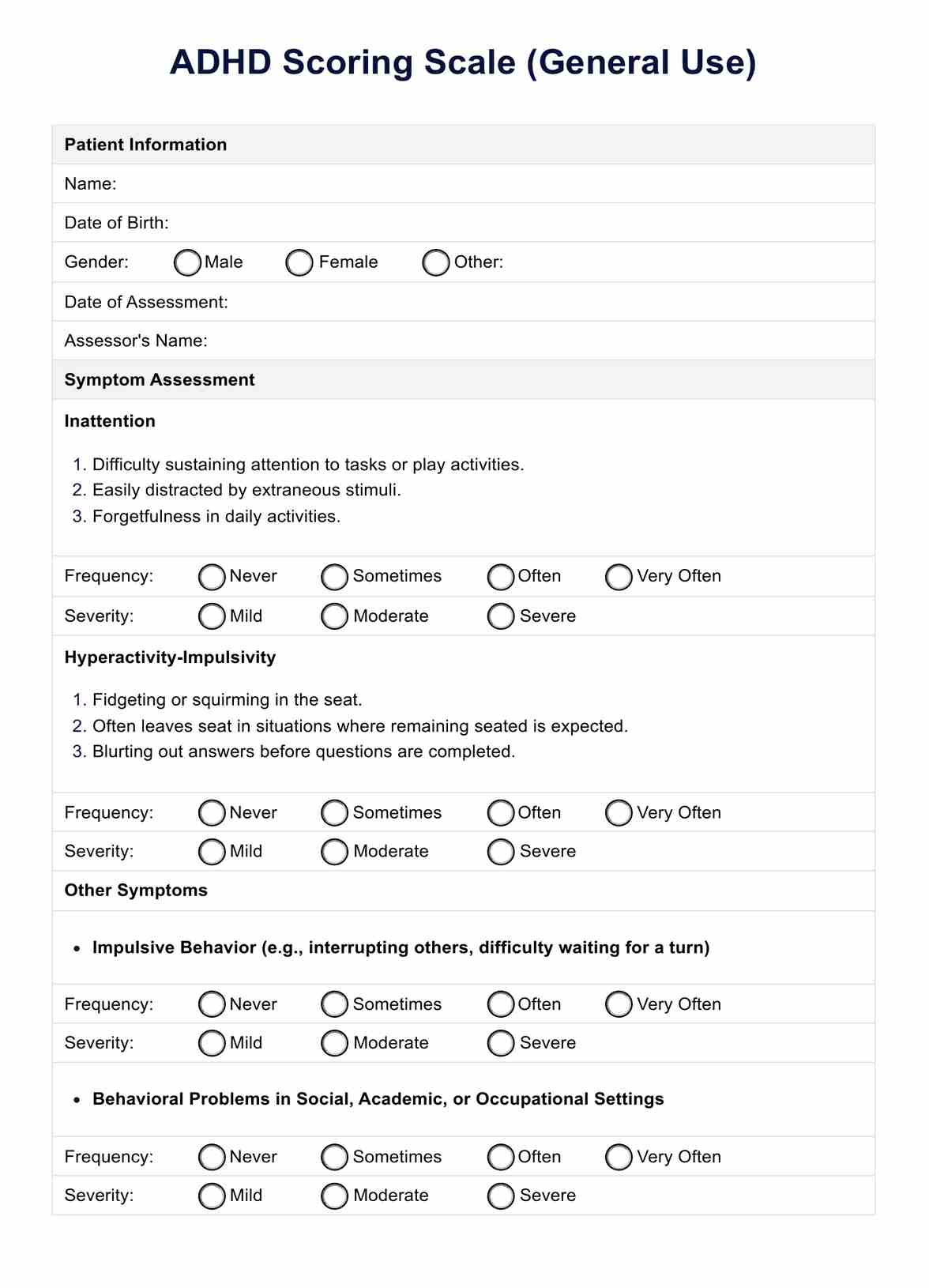
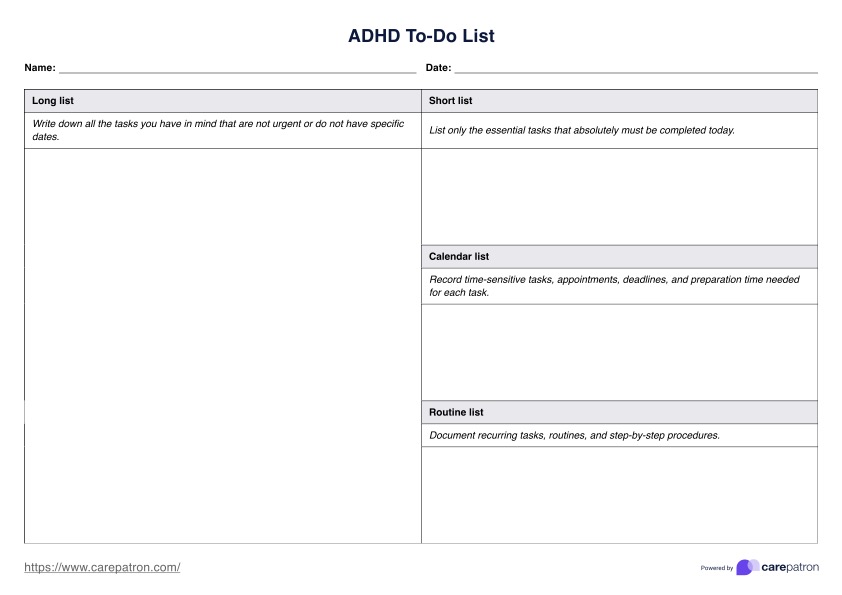
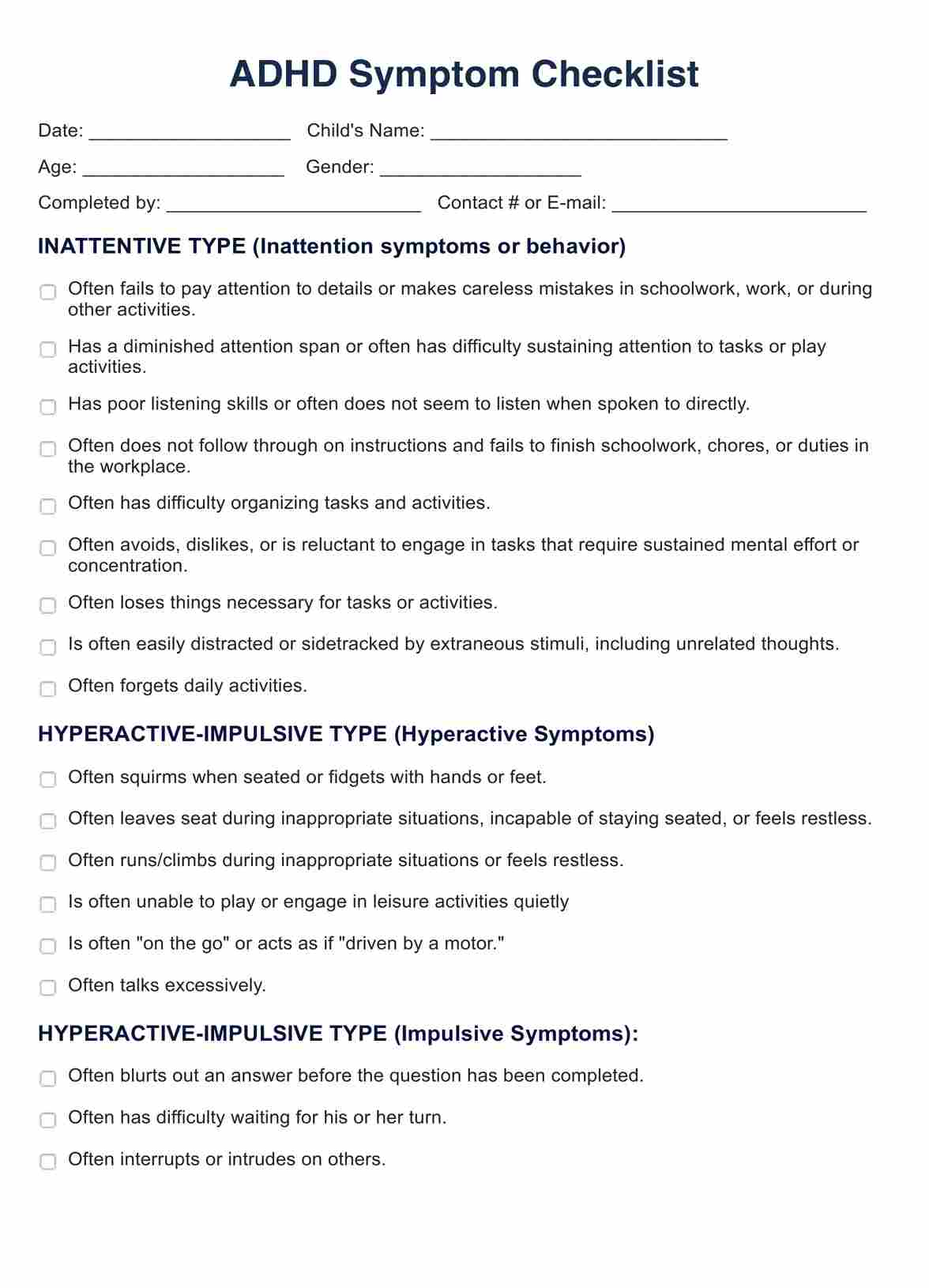
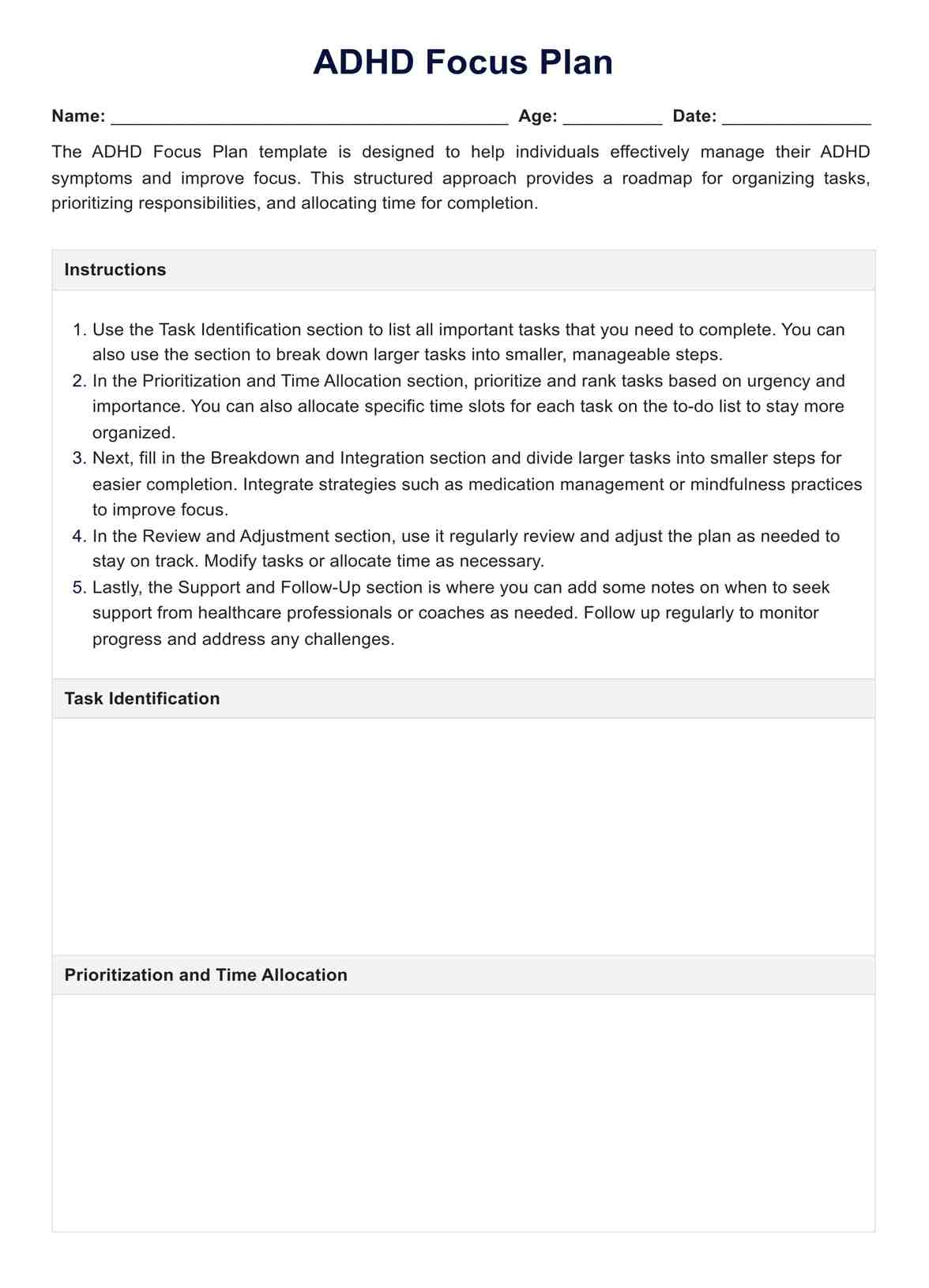




















-template.jpg)




































